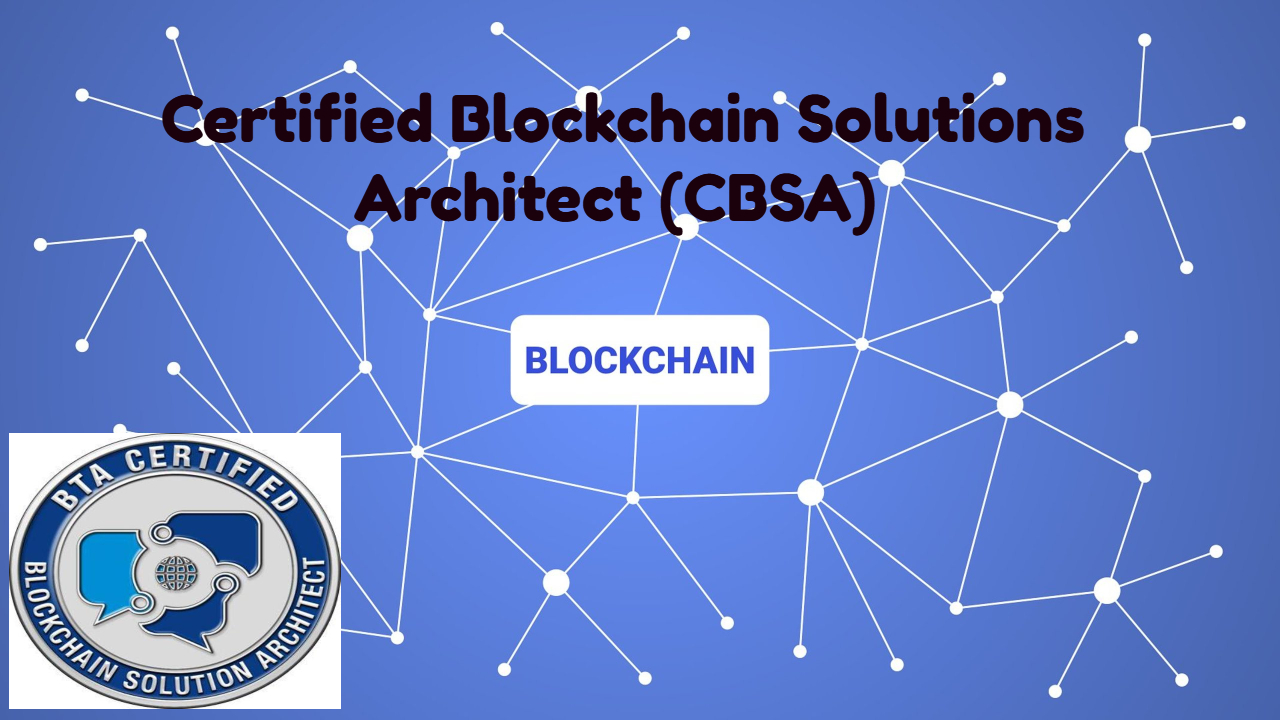Copyright © 2026 LOOP All Rights Reserved.
IBM Blockchain As A Service

Course Description
The IBM Blockchain Platform is a cloud-based platform which provides tools for you to easily develop, operate, and grow your permissioned enterprise blockchain applications. This training will provide an overview of the platform features and capabilities so you can quickly get up to speed. The training also provides use cases with demos and optional labs that focused on business network setup and chaincode deployments with Composer.
Course Objectives
• Overview of IBM Blockchain Platform features and capabilities
• Learn through use cases with demos and optional labs that focused on business network setup and chaincode deployments with Composer
Content
IBM Blockchain as a Service (BaaS)
IBM Blockchain As A Service
- Duration 7 hr 0 mins
- Skill level All Levels
- Languages en_US
- Tag(s) SkillsFuture Certification
Convince your boss email
This site is best viewed using the latest versions of Google Chrome, Apple Safari, Mozilla FireFox, Microsoft Internet Explorer 11 and Edge which supports HTML5/Webkit technologies.


